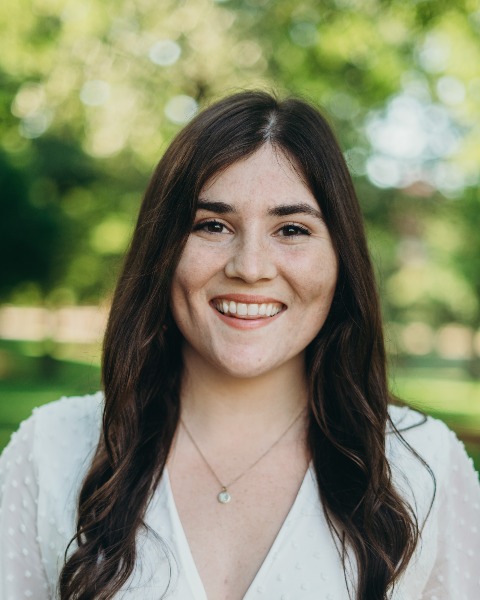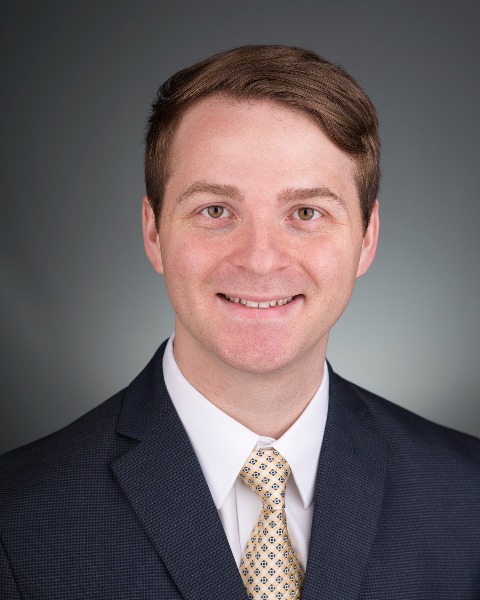Academic Education (AE)
PP207 - Traditional Learning Versus Simulation and Gamification in a Skills-Based Lab Course

Kingsley Warrington, BS (she/her/hers)
University of Louisville, Kentucky
Financial Disclosures: I do not have any relevant financial relationships with anything to disclose.
Non-Financial Disclosures: I do not have any relevant non-financial relationships with anything to disclose.- LG
Laura N. Galloway, AuD (she/her/hers)
Assistant Professor
University of LouisvilleFinancial Disclosures: I do not have any relevant financial relationships with anything to disclose.
Non-Financial Disclosures: I do not have any relevant non-financial relationships with anything to disclose. 
Shae D. Morgan, AuD, PhD, CCC-A (he/him/his)
Assistant Professor
University of Louisville
Louisville, KentuckyDisclosure(s): Audiology Technology Solutions, LLC: Employment (Ongoing), Intellectual Property/Patents (Ongoing), Ownership Interest (Ongoing)
Lead Presenter(s)
Presenter(s)
In order to obtain the Doctor of Audiology (AuD) degree, students are required to demonstrate competence in clinical abilities. There are different methods of developing clinical skills that cater to students’ different learning styles. This study compares three methods of diagnostic clinical skill development: traditional, virtual simulation, and gamification to determine how each contributes to student subjective and objective learning outcomes.
Summary:
Rationale:
To obtain a Doctor of Audiology (AuD) degree, students are required to have established clinical skills by the time of graduation. Clinical skills are traditionally taught in a classroom and in the clinic. The COVID-19 pandemic brought the use of virtual simulation as a way to gain clinical skills to the forefront of many professional programs. Virtual simulation with computer-generated practice patients has allowed students the ability to gain diagnostic skills as well as more clinical hours (Andre et al., 2021). A third, less common approach to skill development is gamification. Gamification incorporates game-playing with simulation to assist in improved confidence, motivation, and engagement (Brackenbury et al., 2021). Theta is an audiology simulator that includes a gamification approach through a feature titled ‘Audiogram of the Day’ which generates a daily audiogram that students can complete to earn points which are tracked on a leaderboard that is visible on Theta’s homepage (AotD; Theta, 2022). Participants of this study are invited to compete in a contest with their fellow classmates, in which they are incentivized to complete the ‘Audiogram of the Day’ feature. This study compares traditional learning, learning by using virtual simulation, and learning through gamification to determine how each method contributes to each student’s overall clinical skills and confidence.
Methods:
Eleven first-year AuD graduate students enrolled in a clinical techniques lab-based course were invited to participate in the study. Over the course of the class, students completed traditional labs, simulated labs, and engaged in gamification through incentivization to complete the AotD. Students with high scores on the AotD leaderboard, or who demonstrate considerable growth on the leaderboard at various intervals during the semester were awarded with an extra half day off from clinic practicum. This study uses a retrospective design to gather time and accuracy data from student’s coursework from the three learning modes. Students are also surveyed at the end of the course to see how each of the three learning modes contributed to learning and clinical confidence.
Results and
Conclusion:
Data collection will be completed by December 2022. Descriptive statistics will be used to describe the score and accuracy (timing) data from the three different learning modes. An Analysis of Variance (ANOVA) will be used to evaluate differences between scores and accuracy among the three learning modes. Survey data will be analyzed to evaluate the perceived differences between the three modes of learning and the three variables: contribution to learning, clinical confidence, and convenience. Finally, any interactions with prior experience using simulation will be explored.
References:
Andre A, Reed A, Ananthakrishnan S, Korczak P. An Evaluation of Simulation Techniques in. Audiology and Allied Health Professions. Am J Audiol. 2021 Jun 14;30(2):295-308. doi: 10.1044/2021_AJA-20-00190. Epub 2021 Apr19. PMID: 33872515.
Brackenbury, Tim, and Lisa Kopf. “Serious Games and Gamification: Game-Based Learning in Communication Sciences and Disorders.” Perspectives of the ASHA Special Interest Groups, vol. 7, no. 2, 2022, pp. 482–498., https://doi.org/10.1044/2021_persp-21-00284.
Morgan, S. D. (2022) Theta Audiology Simulator (Version 3.0). Audiology Technology Solutions, LLC. https://audiologysimulator.com
Learning Objectives:
- Compare the use of simulation and gamification for audiometry education with traditional learning methods.
